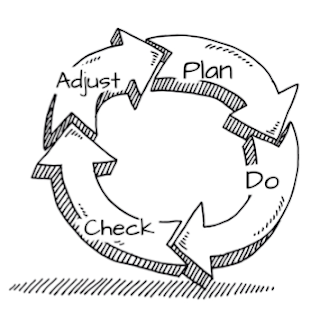5 Mid-Year Tax Planning Strategies

From the Small Business Administration at SBA.gov By BarbaraWeltman , Guest Blogger For many small business owners, thinking about taxes occurs only twice a year … when returns are being prepared and perhaps at the end of the year. This is a mistake. With half of 2017 over, now is a great time to assess where you stand and to take action that will be helpful to your 2017 tax bill. 1. Meet with your tax advisor The vast majority of small business owners use CPAs or other tax advisors to prepare and file their returns. These tax pros can also serve as business advisors throughout the year, providing guidance on what the business can to do to optimize profitability while minimizing taxes. If your tax preparer doesn’t provide this service, consider finding one who will. Schedule a meeting with your advisor to review your profits or losses, and to craft a tax plan that you can implement going forward. 2. Assess your profitability If 2017 is shaping up to be a good year for you, co...


